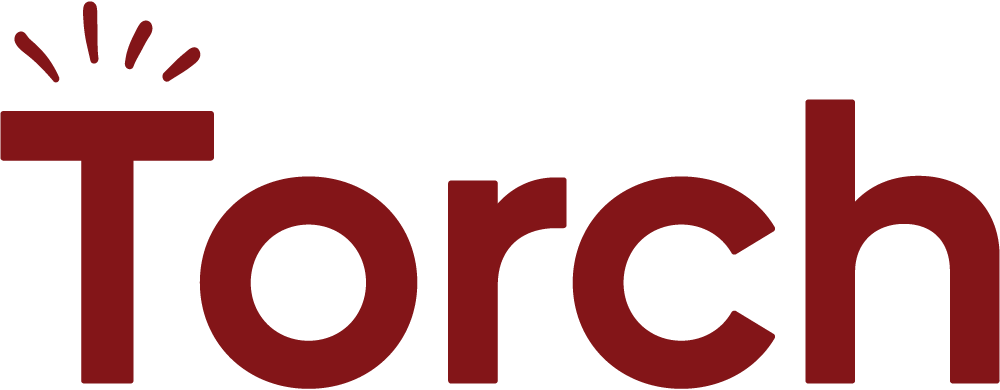At a recent tech company Black History Month fireside chat, Keshawn Hughes got a familiar question from an audience member. A Black attendee asked her: “What can I do to advance my career? What’s the average timeline for promotion and advancement?”
For Hughes, Torch executive coach, an International Coaching Federation certified neuro-coach, and a leadership consultant who serves in the top 1 percent of coaches with neuroscience expertise, she immediately thought of a statistic from a book she’d read recently. It’s about the ways in which Black and White women’s paths diverge on the path to establishing themselves professionally.
The statistic: It takes 2.1 years for White women to achieve a managerial position if she pursues it directly after college, versus 3.6 years for Black women. To her, it’s a stark illustration of how Black people are more likely to experience lags in career progression compared to White people with the same education and experience level.
Or even compared to White people with less education and experience. After all, Black women are the most educated demographic in the United States of America.
“Imagine the emotional, psychological, and physical toll this takes over time to try and succeed and not experience just acknowledgment, rewards, or recognition for your positive efforts,” Hughes reflects.
How then, in the context of systemic and cultural racism, does Hughes show up for her Black coachees? What are the unique challenges they face, and how is she helping them to overcome them? What does she wish managers of Black leaders knew? Below, Hughes reflects on these questions, sharing insights that should guide any organizational leader long after Black History Month concludes.
From your experience as an executive coach, what are the key challenges Black leaders are facing that may be distinct from others?
The Black leaders I’ve worked with want guidance on ways to effectively advance in their careers as they set boundaries, protect their energy, and navigate negative blowback.
Many are high achieving due to deeply ingrained cultural messages encouraging them to work twice as hard to get half as much and half as far. There is little room for error, mistakes, creativity, risk-taking, or wonder, which are qualities and experiences people need to grow and develop as leaders.
Options like quiet quitting seem unrealistic to Black workers who feel they must overperform to survive and maintain their current position. They are more likely to experience quiet firing or symptoms connected to it, like being excluded, micromanaged, heavily scrutinized, and overlooked for promotions and advancement opportunities.
There are inherent, implicit, and explicit expectations for Black people to work harder for less. This can activate career stagnation and survival-based responses to maintain the status quo and may sound like Black workers saying, “I’m just happy to have a job.” Or, “I’ll just keep my head down, work hard and maybe someday be acknowledged for my solid work ethic, commitment, and loyalty.”
Yet, Black women and men remain highly ambitious in spite of the obstacles they face.
What are some effective ways you’ve found to help leaders overcome challenges, particularly if they are about biased systems/cultures, versus what an individual might be able to shift?
One example is that Black people are often penalized for advertising their competence, abilities, and accomplishments at work. My coaching client set this as a direct goal to work on because, according to her, she struggles with verbally asserting her aspirations and goals beyond her current role. She says this is something that savvy people (especially men and White women) know how to do.
As a coach, it’s important for me to approach this challenge in a way that does not reinforce imposter syndrome, guilt, or not-enoughness in seeing herself as not savvy. There are unique biases she must navigate as a Black woman that her male and white female peers, colleagues, and counterparts do not deal with.
Here are three other strategies I’ve found work at the organizational level:
What do you wish every manager of a Black employee or leader knew?
Black employees and leaders face significant levels of distress distinct from other groups of people. According to the American Psychological Association Stress in America Report, 56% of Black adults under the age of 35 are so stressed they can’t function, and 75% of Black adults said that the racial climate in the U.S. is a significant source of stress.
Since countless business leaders and organizations have pledged to make employee health and well-being a top priority, there must be awareness and active mitigation to address this. Black employee stress is not a singular problem to be addressed on an individual basis. It’s a collective challenge we must address together. Helping the most marginalized communities provides benefits across identity categories.
Want to hear more from Keshawn Hughes? Check out our recent conversation all about inclusive leadership development here.

